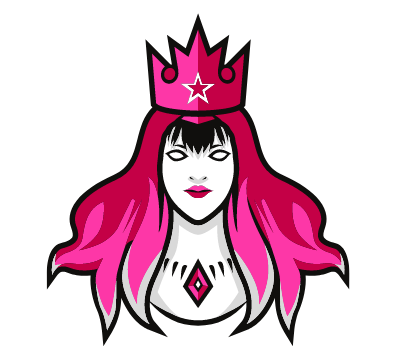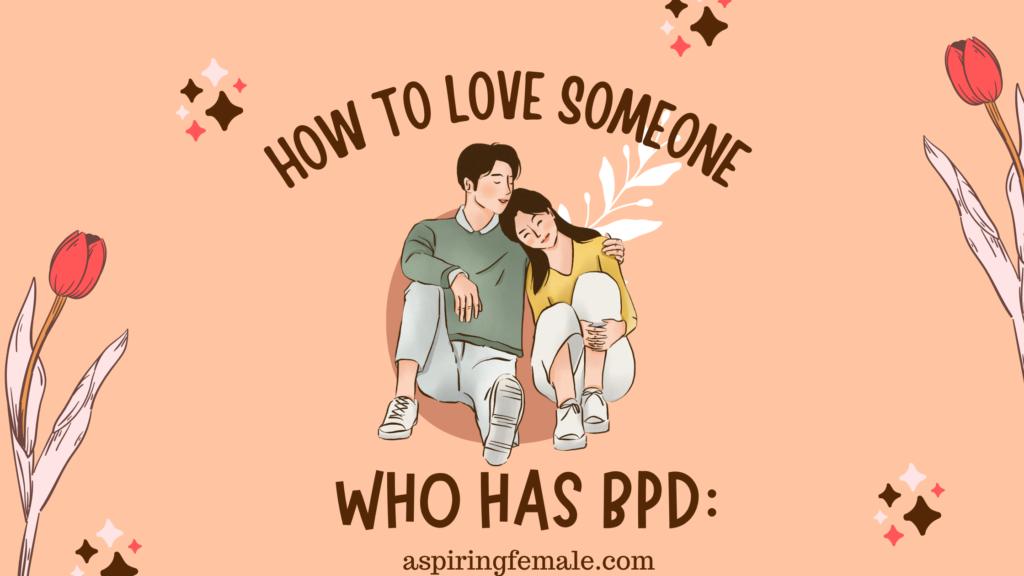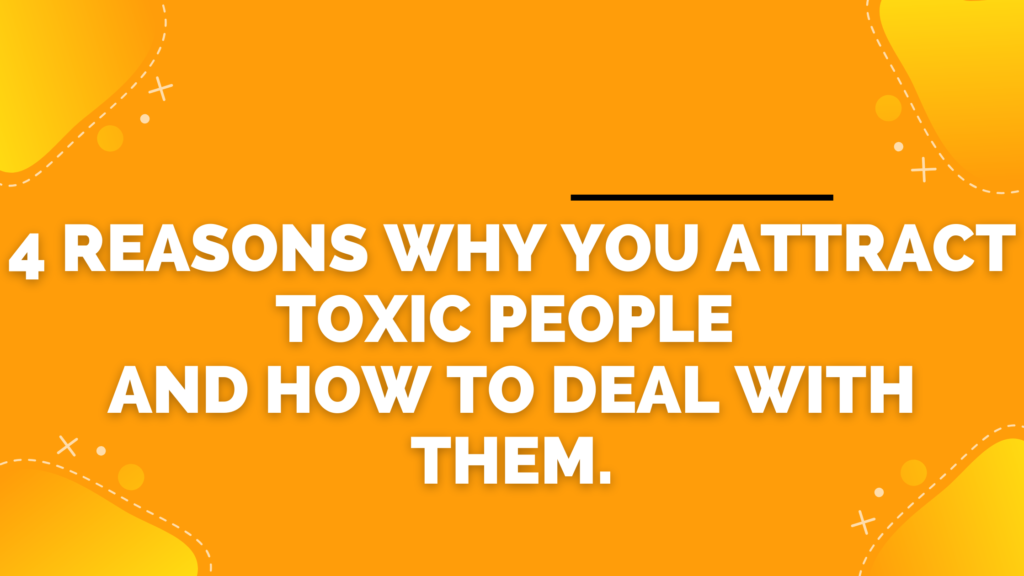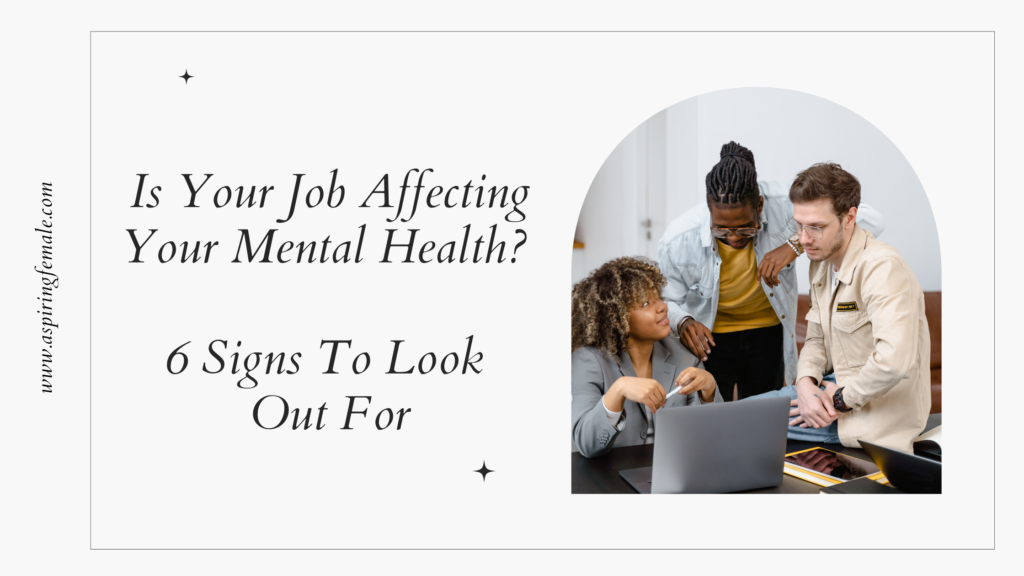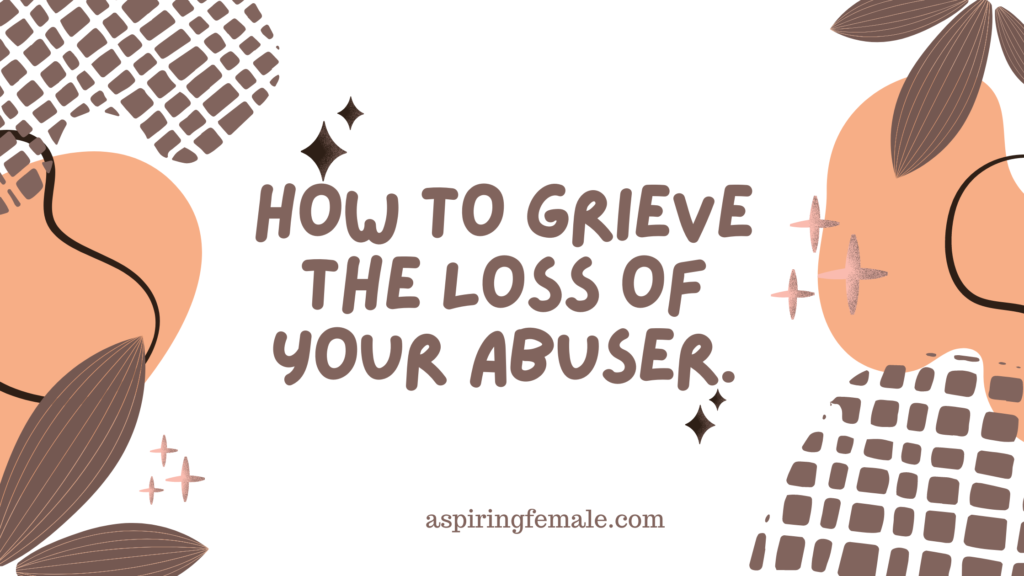
When your abuser passes away, your feelings are a whirlwind of: Should I be happy or sad about this?
Because their passing away brings a sense of relief and security but also an injustice to your closure and a deep sadness knowing they didn’t change or live up to their role of who they were to you.
The abuser could be anyone, your parent, sibling, friend or anyone!
When my father passed away, I had a rollercoaster of emotions from not feeling anything to feeling everything. I had been preparing myself for this day for years as I knew it would eventually come but I had no idea the range of emotions I would be feeling. He had abused me for a decade of my early childhood and abandoned us during my pre-teen years. There were no real emotions of missing him as there weren’t any good memories with him. So I should be happy that he is no more right?
But I wasn’t.
I was sad as I didn’t get the privilege of having a loving “Normal” dad, I didn’t get the closure I needed before he died, and I didn’t get the love and affection from him that I always craved for. And boy! My coping skills 3 years back were questionable, to say the least, I got a tattoo, dyed my hair and got a couple of piercings. I did everything I could to distract myself from the pain. But it was inevitable in the end. It caught up to me.
I felt guilty and confused, should I be crying all day? Should I throw a party and be joyful? I should be happy that he died but why am I feeling sadness too? I felt relieved that my abuser’s chapter was closed forever and the past is now in the dust, but at the same time, the memories still haunted me.
When someone who abused you is no more, you have feelings of wishful thinking too, what if they were alive and changed, what if they reconciled and apologized for the trauma they gave? But unfortunately, all these thoughts are just scenarios our brain adds to feel better, to cope with the loss.
So here’s the thing: It’s ok to miss them and feel sad about them passing away, DESPITE what they did to you. That shows your big and kind heart, don’t ever feel guilty about it. And also don’t feel guilty for being angry and enraged at them. Allow these feelings to flow, they are VALID.
Everyone has different ways to cope, everyone is different in their ways. Give yourself grace and compassion during periods like this and allow yourself to do what feels best for you.
Here are some ways to cope/ grieve when your abuser has passed away:
Feel your emotions:
Many of us, myself included, tend to distract ourselves from pain through activities like drinking, smoking, or sleeping. The more we suppress our pain, the more it accumulates and intensifies. As the saying goes, “What resists, persists.” If we don’t confront our emotions and allow ourselves to fully experience them, they will continue to linger. Eventually, these unresolved feelings will surface, often at the most inconvenient and unwelcome times.
Here are a few ways to feel your emotions
- Writing it down (Journal, write a letter to your abuser/ write your emotions down and burn it)
- Sharing it with your loved ones
- Using art to express
- Exercise (Gym, boxing etc)
- Scream into the pillow (Works wonders for me)
- Shadow Work
- Mindfulness and meditation
- Taking therapy
Shadow Work:
Shadow work is a psychological and spiritual practice that involves exploring and integrating the parts of ourselves that we typically repress or deny, often referred to as the “shadow.”
These aspects of ourselves can include negative emotions, impulses, desires, and traits that we consider unacceptable or undesirable. The term “shadow” was popularized by the Swiss psychiatrist Carl Jung, who believed that acknowledging and understanding these hidden parts of ourselves is crucial for personal growth and self-awareness.
Shadow work has been key to my healing process and this practice makes you confront your darkness and helps you come to terms with things or people that have hurt you. I would recommend you to atleast start some shadow work journal prompts to begin your healing journey.
Closure:
Many of us survivors struggle with the challenge of not getting closure from our abusers. The harsh reality is that we may never receive it.
Remember that there are some people- like our abusers who know what they have done, they know they have hurt you. And yet- They don’t care. If they did, they would’ve apologized and would have made it up to you while they were alive. They would do everything they could to make things right. But they didn’t, they acted like it didn’t matter and blamed it on you and with that, they took it to their grave.
Don’t spend the rest of your life searching for something that never existed- Their love. Their inhumane behaviour and their cold nature are who they are as individuals. And that’s your closure. No amount of begging or investigating will help you find your answer. Your answer is in front of you- their actions.
Once you accept this, you will be at peace. Your revenge is to be the opposite of who they were and to be the best version of yourself.
Take Therapy:
Therapy is a great way to process and clarify your emotions. There are numerous options available, both online and in person, to access therapy. Initially, I was reluctant to start therapy, thinking it was a waste of money. However, after a year of consistent therapy, I’ve gained profound insights into myself and my behaviours. It has also been instrumental in helping me correct many unhealthy patterns I developed during childhood.
Remember that there is no “right” way to grieve and cope. When your abuser has passed away, take time to heal and process how you feel. It may take months or years but don’t avoid the pain, face it. Most importantly give yourself love and compassion, and start pouring your energy towards loving yourself and healing your inner child.
